How to Leverage Analytics for Effective Mental Health Programs
In today’s digital age, data-driven insights are revolutionizing the way mental health programs are developed and implemented. Here’s how analytics are being leveraged for more effective mental health initiatives:
Personalized Treatment Plans
By analyzing data from various sources, such as electronic health records and patient-reported outcomes, mental health professionals can create personalized treatment plans tailored to each individual’s needs. This approach improves treatment outcomes and patient satisfaction.
Predictive Analytics
Predictive analytics can help identify individuals at risk of developing mental health issues based on factors such as demographics, lifestyle, and genetic predisposition. Early intervention can then be initiated to prevent or mitigate these issues.
Monitoring Progress
Through the use of data analytics, mental health programs can monitor the progress of patients over time. This allows for adjustments to treatment plans as needed, ensuring that patients receive the most effective care.
Identifying Trends and Patterns
By analyzing large datasets, mental health programs can identify trends and patterns in mental health conditions. This information can be used to develop targeted interventions and prevention strategies.
Resource Allocation
Data analytics can help mental health programs allocate resources more efficiently. By identifying areas of high demand or need, programs can ensure that resources are directed where they are most needed.
Data-driven insights are transforming mental health programs, leading to more effective treatments, better outcomes for patients, and more efficient use of resources. By leveraging analytics, mental health professionals can provide more personalized and impactful care to those in need.

